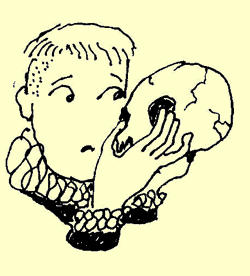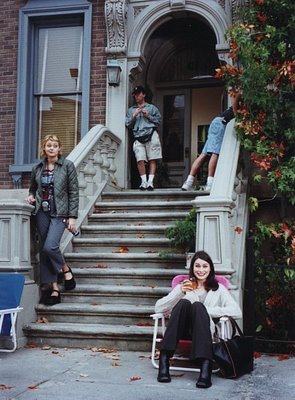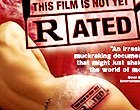A History of Love & Bicycles

This is how the old woman told it:
A break-up with a boyfriend left her with a bike she didn’t know how to ride when he left her so quickly that he left his bike behind.
The inherited bicycle became a source of anxiety— not just a sad reminder of a dead relationship, but also a symbol of general inadequacy. What sort of ogre of a person was she that her boyfriend preferred to leave behind his bike than face her again? And what kind of 25-year-old had never learned to ride a bike? She was scared of herself, of her ability to love and be loved, but most of all, of cycling.
That fall, a new boyfriend taught her how to ride that bike. And the following summer, suddenly single again, she met the man who would become her husband while on a biking trip in East Hampton.
The bicycle that had been a symbol of fear and self-doubt eventually carried her to conjugal happiness.
In the version of the story the old woman recounts today, fifty years after the inheritance of her first bicycle, the narrative of her love life that she traces through her relationship with cycling seems overly coherent, event A leading seamlessly to B, which paves the way to the story’s happy ending, C.
But when she and her future husband first chained their bikes together during a lunch break, the event in the moment carried none of the historical significance it has gained over the years.
Only in retrospect does she separate this particular meeting from countless run-ins with people who never became central characters in her life. Only once the flurry of activity that fills up a life fades into the background does the narrative one likes to tell about herself reveal itself.
Storytelling is a bit like landscaping—it’s cutting out characters and thoughts and experiences that are eventually deemed irrelevant to the form in which we like to think about ourselves and present ourselves to the world.
But in the moment, before the moment becomes a story to be told, we’re just bushwacking, unequipped to differentiate between the momentous and the mundane like we do in retrospect.
And thank God. Life would become much too serious and unmysterious if the narrative was as clear in the moment as it is in the stories we tell.




